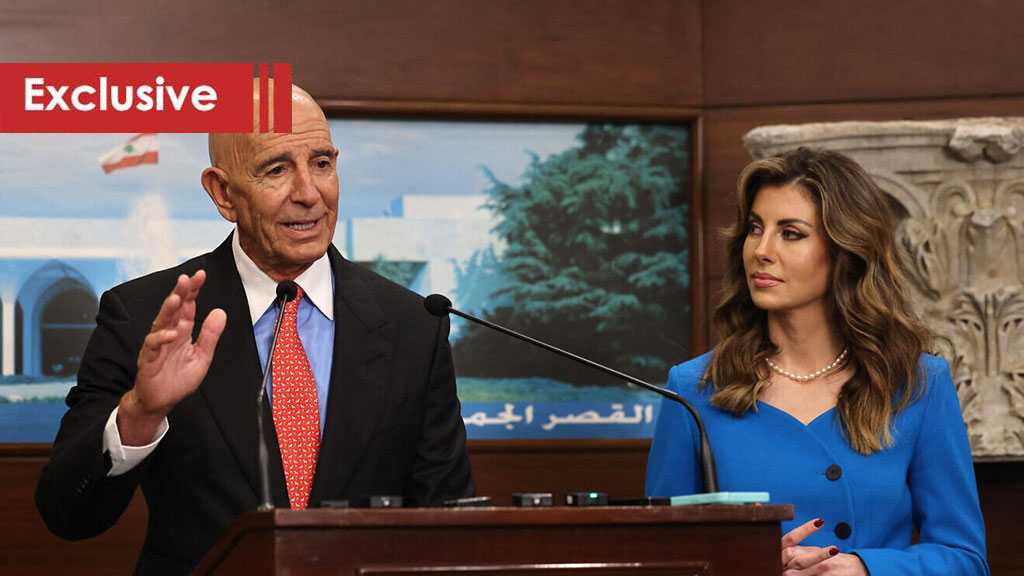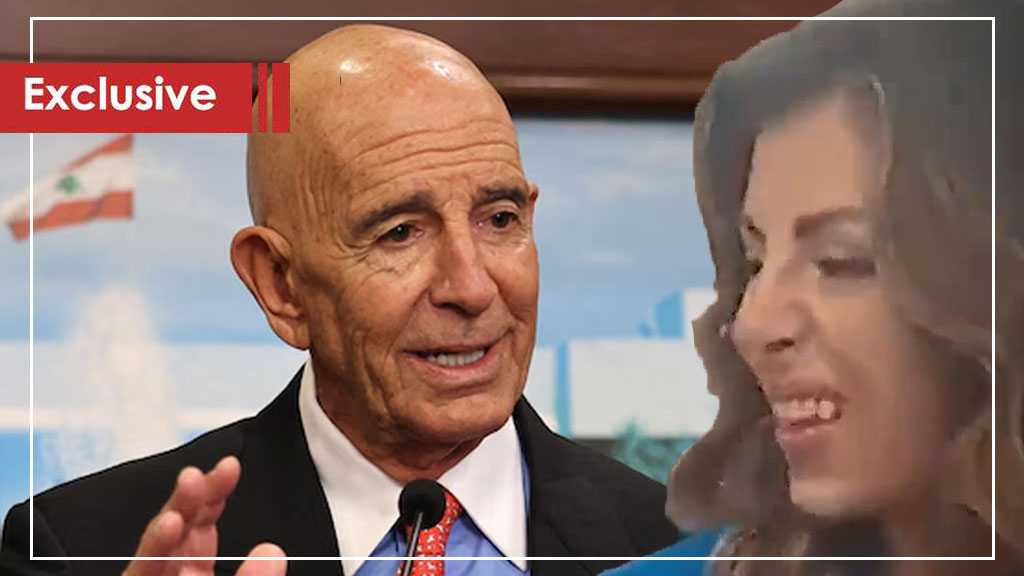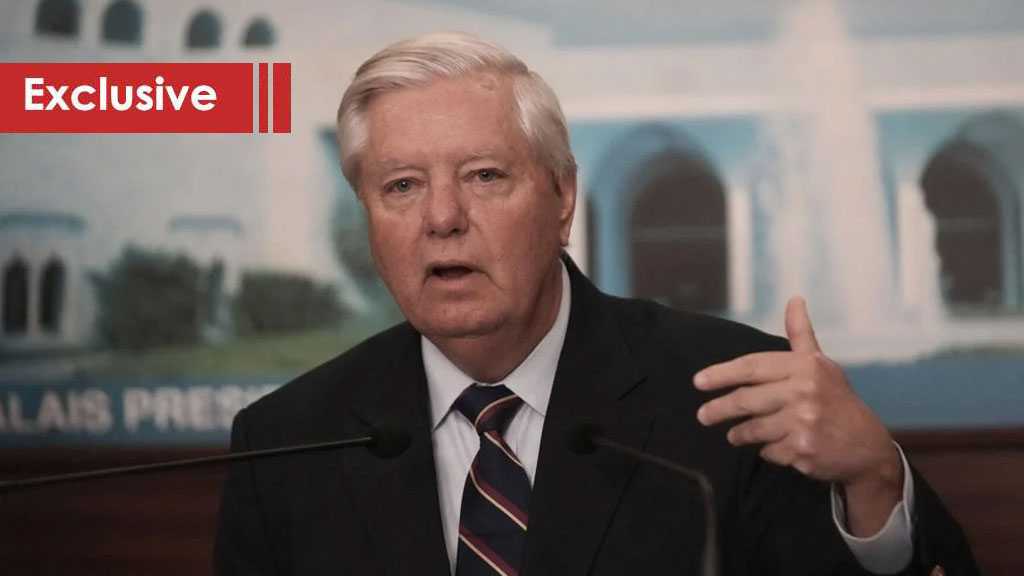US Prophecy Over Policy: How the US Became a Theocracy in Disguise

By Mohamad Hammoud
Lebanon – The United States, long hailed as a secular democracy, is increasingly allowing its foreign policy—especially in the Middle East—to be shaped not by strategy or diplomacy, but by religious prophecy. Nowhere is this contradiction more evident than in its stance toward Iran and unwavering support for “Israel”. As detailed in the June 29, 2025, CNN article, “Prophecy, not politics, may also shape America's clash with Iran”, apocalyptic Christian theology—particularly among white evangelicals—is not just a cultural undercurrent. It is actively shaping public opinion in favor of war and influencing the decisions of elected officials. In a country founded on the separation of church and state, this development is both disturbing and dangerous.
A Secular Constitution, A Prophetic Foreign Policy
The US Constitution makes no mention of Christianity, and the First Amendment explicitly prohibits the establishment of any state religion. Yet the political influence of evangelical Christians—particularly dispensationalists who believe that modern events are fulfilling Biblical end-times prophecy—has turned American foreign policy into a theological campaign. For many of these believers, the modern state of "Israel" is central to God's plan. Any threat to it must be eliminated not for reasons of international law or peace, but because protecting "Israel" is believed to be a divine mandate that precedes the Second Coming of Christ.
This belief system is no longer confined to pews and pulpits; it has entered the Pentagon, the State Department, and the White House. As Diana Butler Bass, a progressive religious scholar, notes in the CNN article, many evangelicals support military action against Iran not despite the risk of escalation, but because they view war in the region as necessary to fulfill prophecy. In their eyes, the more catastrophic the conflict, the closer we are to divine intervention.
Trump: The Anointed, Not the Devout
Nowhere is this theocratic drift more evident than in the near-messianic support that evangelical Christians offer Donald Trump. Many of his most fervent backers readily admit he's not religious. Yet they believe, deeply and unironically, that God has chosen him to fulfill a prophetic mission.
Mike Pompeo, Trump's former secretary of state, once compared him to Queen Esther, suggesting he was "raised for such a time as this" to protect the Jewish people from Iran. That line has been repeated again and again, even as Trump's own faith credentials remain paper-thin.
After Trump survived an assassination attempt in Butler, Pennsylvania, his supporters' prophetic framing intensified. Former Arkansas governor and US ambassador to "Israel" Mike Huckabee texted him directly:
"God spared you in Butler, PA. I believe you will hear from heaven and that voice is far more important than mine or ANYONE else's... You did not seek this moment. This moment sought YOU."
This was not just encouragement—it was coronation. The suggestion was clear: Trump's survival was a divine intervention. His decisions are not to be questioned. To doubt him is to doubt God.
The Evangelical-Zionist Alliance
The alliance between American evangelicals and the most hardline elements of the “Israeli” right is forged not on shared values of democracy or human rights, but on prophetic utility. Evangelicals support "Israel" not necessarily out of concern for Jewish safety or well-being, but because they believe the survival of "Israel" is a requirement for Jesus's return. In this narrative, Jews are not ends in themselves but instruments in a larger Christian plan.
Ironically, many “Israeli” leaders are secular and even disdainful of evangelical theology, but they welcome the political and financial support it brings. In this unholy alliance, both sides exploit one another's beliefs for strategic advantage—one for territorial and military goals, the other for prophetic fulfillment.
Faith-Driven Foreign Policy Is Dangerous
When policy is justified as prophecy, war is not a last resort—it's a divine necessity. Civilians in Gaza, Lebanon and Iran become collateral in a cosmic script. Moral restraint vanishes. Negotiation is cast as weakness. Diplomacy is bypassed in favor of divine timing.
Worse still, faith-based foreign policy shuts down accountability. If God chooses Trump, his critics are heretics. If bombing Iran is part of God's plan, peace becomes blasphemy. This isn't just bad policy—it's dangerous theology masquerading as governance.
Conclusion: Faith Must Be Private, Policy Must Be Public
The United States cannot claim to be a secular democracy while conducting foreign policy that reads more like a sermon than a strategy. The fusion of prophecy and politics is not only intellectually dishonest—it is morally reckless. It allows violence to be sanctified, leaders to be deified, and consequences to be dismissed as part of God's plan.
If America is to remain a republic and not become a theocracy in disguise, it must reaffirm the principle that belief may guide private life, but it must never dictate public policy. Wars should not be waged to fulfill visions from the Book of Revelation. They should be prevented by human reason, compassion and diplomacy. If we allow faith-based fantasies to replace hard truths, then the apocalypse we fear won't be divine—it will be of our own making.




